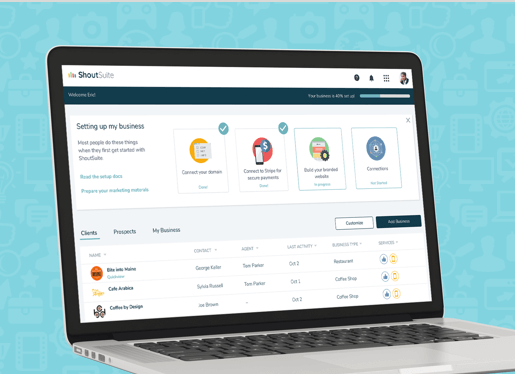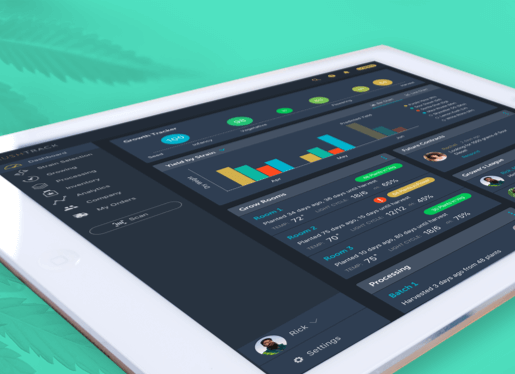
Cyberus Labs
Cybersecurity and the future of connected cars
THE CHALLENGE
The automotive industry as we know it is changing fast. Automotive manufacturers are no longer just car companies, but rather “connected car technology companies.” Autonomous driving and extensive car sharing are redefining the industry, and precise, reliable car connectivity is driving new trends and opportunities. Analysts predict that the connected car industry will become a $184 billion global market by 2020, opening significant business avenues for new software and hardware products, as well as for traditional automotive OEMs. Connected cars are running on over 160 million lines of code, and yet automotive cybersecurity is still not something consumers are actively considering when purchasing their connected cars.
World leaders are increasingly concerned about the potential for massive acts of cyber warfare, capable of inflicting substantial economic destruction and wreaking havoc at a global scale. Movies and television have long dramatized sophisticated “cyber terrorists” stealing and disrupting online information for political or financial gain. Now, awareness is growing that cyber threats of significant scale are not just the stuff of fiction.
2018 saw a number of major cyber attacks including the hacks of British Airways, Facebook and Marriott. Despite growing emphasis on and awareness of cyber threats, large organizations continue experiencing massive data breaches. And as the world becomes increasingly connected (cars, medical devices, home appliances among others), attack vectors are evolving and multiplying.
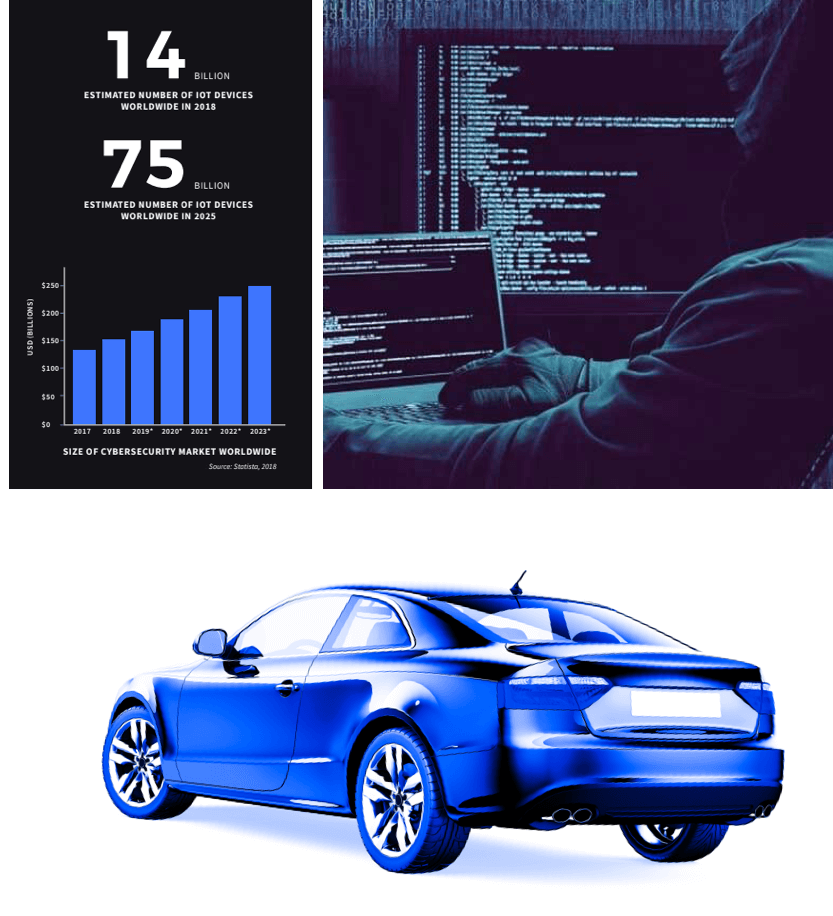
Our connectivity brings extraordinary benefits to our daily lives, but it also brings risks.
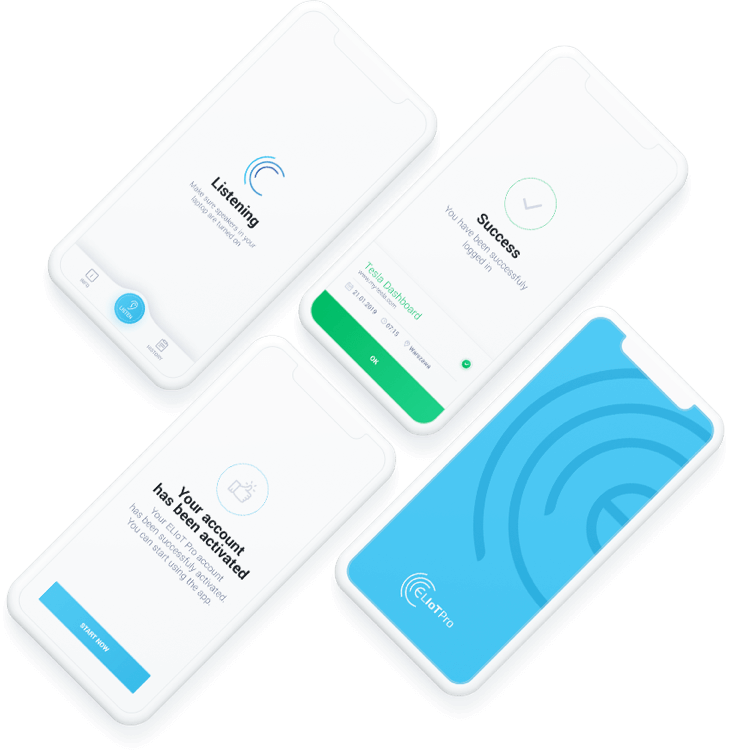
THE CLIENT
Cyberus Labs is a cybersecurity specialist that is well equipped to help businesses, governments and a range of organizations stay safe in an increasingly complex world. The combination of increased cybersecurity threats, explosion of IoT devices and low consumer awareness of the risks or how to mitigate them, presents a unique opportunity for Cyberus Labs. They have developed two core products--Cyberus Key and ELIoT Pro--that provide an easy-to-use, password-free authentication to help make web, mobile and IoT systems more secure. Their vision of a universal, simple solution to provide an ultra high-level of security could be very compelling for business and consumer audiences if the experience of adoption, use and maintenance is frictionless.
THE APPROACH
Cyberus Labs was interested to explore new opportunities to effectively position and commercialize their innovative solution in an industry that is rapidly evolving with regulations that are still being defined. In particular, they wanted an analysis of the existing market to help identify which features might be considered “table stakes” versus those that are truly unique and differentiating.
We took a diverse, human-centered research approach, gathering insights from a range of primary and secondary sources. We began with domain immersion, where we examined the cybersecurity landscape more broadly and identified emerging trends and developments. We also analyzed a number of competitors in automotive cybersecurity, mining them for ideas and best practices.
We augmented this research with user interviews, to better understand the level of awareness as well as behaviors, motivations and needs in relation to cybersecurity. In addition, we conducted interviews with industry experts, including service engineers, dealers and research institute employees to more fully understand the ecosystem. We synthesized our findings and condensed them into strategic recommendations for Cyberus Labs to consider as they move into design and implementation.
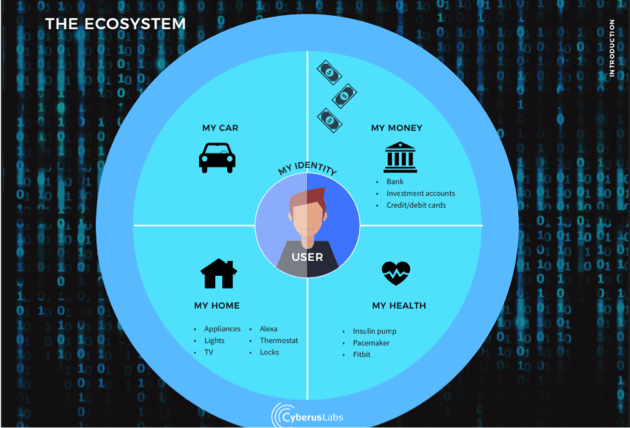
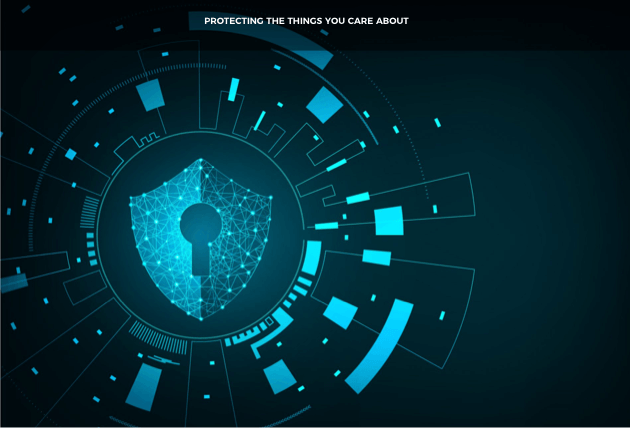
Services
- Product Strategy
- Competitive Benchmarking
- User Research
Industry
- Cybersecurity

